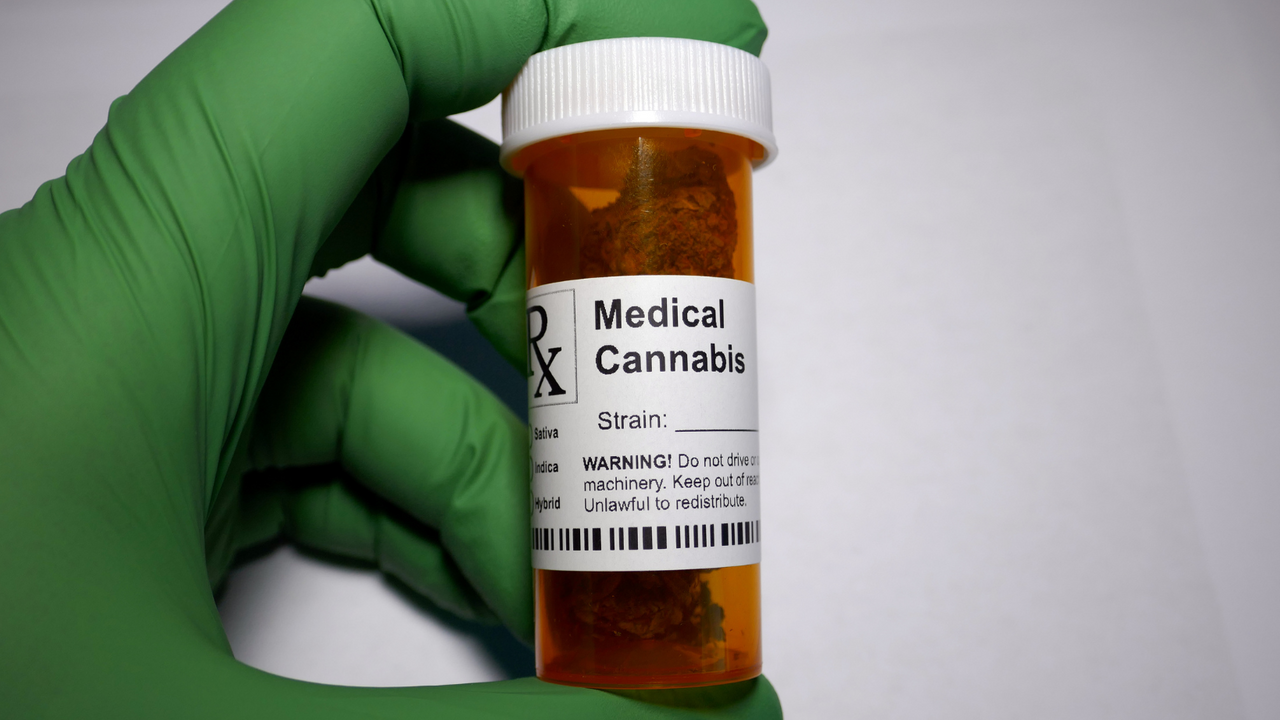Cannabis and Pancreatic Cancer
Sep 04, 2022
In recent years, political debate over the legalization of marijuana has been commonplace. One key argument in favor of legalization is the potential for medical benefits from the substance. New research has indicated that cannabis may be a helpful addition to medical treatment of pancreatic cancer. Although there is more to be investigated about the use of cannabis for pancreatic cancer patients, this is promising in light of the high mortality rates of this aggressive disease.

Defining Cannabis
The term cannabis refers to a group of plants whose flowers have psychoactive properties when dried. The dried flowers of cannabis plants are one of the world’s most common drugs, otherwise called pot, weed, or marijuana. As marijuana becomes more widespread, more and more people are using the word cannabis to refer to the drug itself, rather than the plant it comes from.
Cannabis is made up of a large array of components known as cannabinoids. However, two of these cannabinoids have clear effects on the user. These are tetrahydrocannabinol (THC) and cannabidiol (CBD). THC is the main active ingredient in cannabis, and it is responsible for the psychoactive properties that users call a “high.”
CBD is non-intoxicating, meaning that it will not cause any symptoms of a high. However, CBD has anti-inflammatory properties and can help ease symptoms of pain. This is why it is the main component of cannabis that can be used for medical purposes There is even a prescription drug called Epidiolex that contains CBD. There is still more to be learned about the medicinal properties of CBD, but it has started to become a helpful addition to pain care.
Places Where Medical Marijuana is Legal
Currently, the decision of whether to legalize marijuana has been left at the state level. In the United States, 19 out of the 50 states have legalized marijuana for all uses, including recreational use. However, 36 of 50 states have legalized it for medical purposes. Below is a map of the states where medical marijuana is legal.
Cannabis for Pancreatic Cancer
 Initial drug trials have indicated that cannabis may show promise in combating pancreatic cancer. Cannabis was initially studied as an anti-cancer drug by Dr. Fuad Fares at the University of Haifa. It showed promise, even in early studies, having better efficacy against cancer than other fungal extracts.
Initial drug trials have indicated that cannabis may show promise in combating pancreatic cancer. Cannabis was initially studied as an anti-cancer drug by Dr. Fuad Fares at the University of Haifa. It showed promise, even in early studies, having better efficacy against cancer than other fungal extracts.
The company Cannabotech then took over and accelerated this research by creating a modified cannabis compound that could serve as a botanical drug. Cell model studies indicated that the modified compound was five times more effective at combating pancreatic cancer than pure cannabis. They also revealed that the compound caused 100% pancreatic cancer cell death without damaging normal cells. There is still more research to be done about this potential botanical drug, including further cell testing and animal testing. However, it shows enormous promise for medical use against pancreatic and colon cancers.
Another study conducted by the University of Melbourne found that both THC and CBD inhibit growth of pancreatic cancer cells. THC does so through the cannabinoid receptor 2 (CBD2), and CBD does so through the G-protein coupled receptor GPR53. This gives further insight into the mechanism through which cannabis can work against pancreatic cancer.
In addition to killing pancreatic cancer cells, medical marijuana also has therapeutic benefits for patients. Cancer patients often face weight loss due to loss of appetite and chronic pain, among other brutal symptoms. According to patient reports, medical marijuana has helped minimize pain and stimulate appetite.
Other Medical Uses of Cannabis
In addition to treating pancreatic cancer and its symptoms, cannabis can be used for other medical conditions. Among these are:
- Multiple Sclerosis (MS): Medical marijuana can be used to reduce MS pain and muscle spasms. About 66% of MS patients use medical marijuana to help treat their symptoms.
- Insomnia: In correct dosages, THC and CBD can both help with insomnia caused by chronic pain, anxiety, and MS.
- Seizures: There is an FDA approved drug called Epidiolex that contains CBD and is used to treat severe seizures
- Glaucoma: Cannabis can also be used to treat glaucoma patients in some cases.
- Nausea and vomiting: Cannabis products can help ease severe nausea and restore appetite.
These are only the most common medical conditions that medical marijuana can be used for. Each state has a list of conditions for which medical marijuana use is approved, and these can vary slightly between states.
Summary
Cannabis is composed of THC and CBD, among other cannabinoids. It can be used recreationally, but it is also currently used as therapy for certain medical conditions. Marijuana is legal for recreational use in some states, and it is legal for medicinal use in a majority of states. Research is being conducted regarding use of medical marijuana for pancreatic cancer therapy as well. Studies have shown promise for cannabis as both a treatment for pancreatic cancer and as a therapy for its symptoms, including appetite loss and chronic pain. In addition to cancer, medical marijuana can be used to treat a variety of other medical conditions. There is still more research to be done regarding the medicinal properties of cannabis, but it shows promise as a treatment for a wide variety of medical conditions in the future.








